

Trauma Therapy in Lexington, KY, is the foundation of every program we offer at Lexington Addiction Center, incorporating trauma-informed approaches into addiction treatment at every stage of care.
From our Partial Hospitalization Program (PHP) to Intensive Outpatient (IOP) and standard Outpatient (OP), we help you heal without stepping away from daily life.
Clients from Lexington, Richmond, Nicholasville, and nearby towns join small, supportive groups, meet twice a week for individual sessions, and consult with medical staff as needed, all under one roof.
If lingering fear, flashbacks, or substance use keep you stuck, call 859-636-0779 today to start a personalized recovery path.
Trauma therapy is a focused style of counseling that helps you face painful memories safely, lessen overwhelming emotions, and rebuild a sense of control.
At Lexington Addiction Center, we combine evidence-based practices, such as Cognitive Behavioral Therapy (CBT) and Eye Movement Desensitization and Reprocessing (EMDR), with holistic supports like mindfulness, gentle yoga, and nutritional guidance.
You’ll meet in a warm, welcoming outpatient setting where you can try fresh coping tools on the spot, then head home to your bed each night. Throughout every session, a licensed therapist stays right beside you, adjusting the pace, techniques, and goals to ensure they always match your comfort level and needs.
Whether trauma stemmed from childhood abuse, military service, an accident, or long-term stress, our team works with you to process what happened, release stored emotional charge, and strengthen resilience.
Most clients blend individual and group sessions, allowing private breakthroughs and peer encouragement along the way.
A trauma-informed addiction treatment program recognizes that substance use often starts as self-protection against unbearable memories or emotions.
By following SAMHSA’s six principles of safety, trustworthiness, peer support, collaboration, empowerment, and cultural sensitivity, our trauma-informed addiction treatment track addresses both the root cause and the coping behaviors simultaneously.
Counselors avoid using triggering language and offer choices in every session, explaining how each activity supports your healing process. This approach lowers relapse risk because detoxing without addressing trauma can leave the nervous system on high alert.
When care teams respect past wounds, teach grounding skills, and reframe shame, clients are more likely to stay engaged, explore deeper issues, and build a solid foundation for long-term recovery.

Set yourself free from the struggles of addiction and co-occurring mental health disorders. Reach out to our treatment team in Lexington, Kentucky today.
| Evidence-Based & Holistic Modalities | How They Support Healing |
|---|---|
| CBT | Reframes unhelpful thoughts that fuel anxiety or cravings |
| DBT | Teaches distress-tolerance and emotion-regulation skills |
| EMDR | Uses bilateral stimulation to reduce flashback intensity |
| Exposure Therapy | Gradual, supported confrontation of avoided cues |
| Mindfulness & Yoga | Calm the nervous system; improve body awareness |
| Medication-Assisted Treatment (MAT) | Manages withdrawal and stabilizes mood for clearer therapy work |
| Family Therapy | Repairs trust, sets boundaries, and builds a support network |
| 12-Step Facilitation | Adds peer accountability and a structured recovery framework |
Clients can mix these options within their weekly schedule, pairing individual sessions with small-group practice to reinforce skills in real-time.



Our PTSD track blends proven methods with flexible pacing so you never feel rushed. Most clients meet individually twice a week for EMDR, using rapid eye movements to dial down flashbacks and panic.
Between EMDR sessions, therapists teach grounding skills, such as the 5-4-3-2-1 scan and paced breathing, to steady the nervous system in real-time.
For nighttime relief, we offer imagery rehearsal (also known as nightmare rescripting), which rewrites distressing dream scripts before sleep.
Group CBT adds peer support while challenging catastrophic thoughts, and optional yoga or meditation classes give the body a way to release stored tension. Because triggers don’t keep office hours, you’ll leave every session with a practical toolkit you can use the moment anxiety spikes.

Absolutely. Studies show up to 60 percent of people living with PTSD also battle substance use, and relapse risk doubles when trauma goes untreated. Our program weaves trauma-informed approaches in addiction treatment into every level of care, tackling root causes and coping behaviors side-by-side.
While you process memories with EMDR or CBT, addiction specialists manage cravings through Medication-Assisted Treatment (MAT) when appropriate. Small groups never excel in providing client support with enough space to share without feeling lost in the crowd.
Peer discussions focus on linking triggers to urges, practicing refusal skills, and celebrating progress. Because these trauma-informed approaches in addiction treatment address both mind and body, they strengthen resilience and cut the cycle of self-medication. Over time, clients discover healthier ways to soothe without the need for substances.
Stability thrives on routine, so we maintain consistency in schedules.
In a PHP, you’ll spend about 25–30 hours on-site, Monday through Friday. Mornings open with mindfulness or gentle yoga, followed by trauma-focused groups and skill labs.
After lunch, you’ll attend individual therapy twice a week, plus EMDR or exposure sessions as clinically indicated. Evening IOP trims the load to 9–15 hours spread over three to five days, making space for work or school.
Every track includes a weekly family session, three peer-support groups, and a quick brief check-in to review sleep, nutrition, and medication management.
Because this is outpatient trauma therapy, you return home each night to practice grounding tools in real-world settings, then process wins and hurdles at your next visit.

Healing timelines vary, but most clients spend four to six weeks in PHP, step down to IOP for eight to twelve weeks, and finish with light outpatient check-ins or alumni meetings.
Complex trauma may extend the plan, while single-incident trauma can resolve sooner. Your therapist updates your goals every two weeks, adjusting the frequency of EMDR, group work, or MAT as symptoms change.
Before graduation, an aftercare coordinator drafts a relapse-prevention and wellness roadmap, linking you to ongoing therapy, sober-living referrals, or community support groups, so that progress continues even after long-term sessions end.
Yes. We make paying for trauma therapy simple. Our admissions team offers a free, individual insurance verification over the phone or online.
We work with most major plans, including Anthem, Blue Cross Blue Shield, Aetna, Cigna, UnitedHealthcare, and Humana. We can also create flexible self-pay or financing options for those with limited coverage.
Because all billing is handled in-house, you never chase paperwork.
Call 859-636-0779 to find out how much trauma therapy in Lexington, KY, is covered, including on weekends, and to learn how our staff can assist.

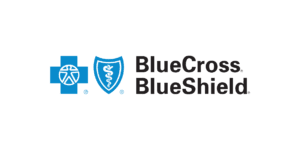


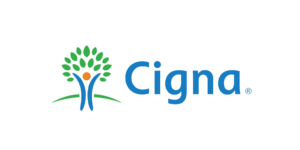


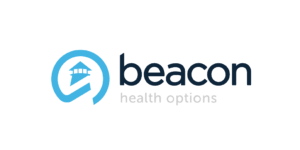
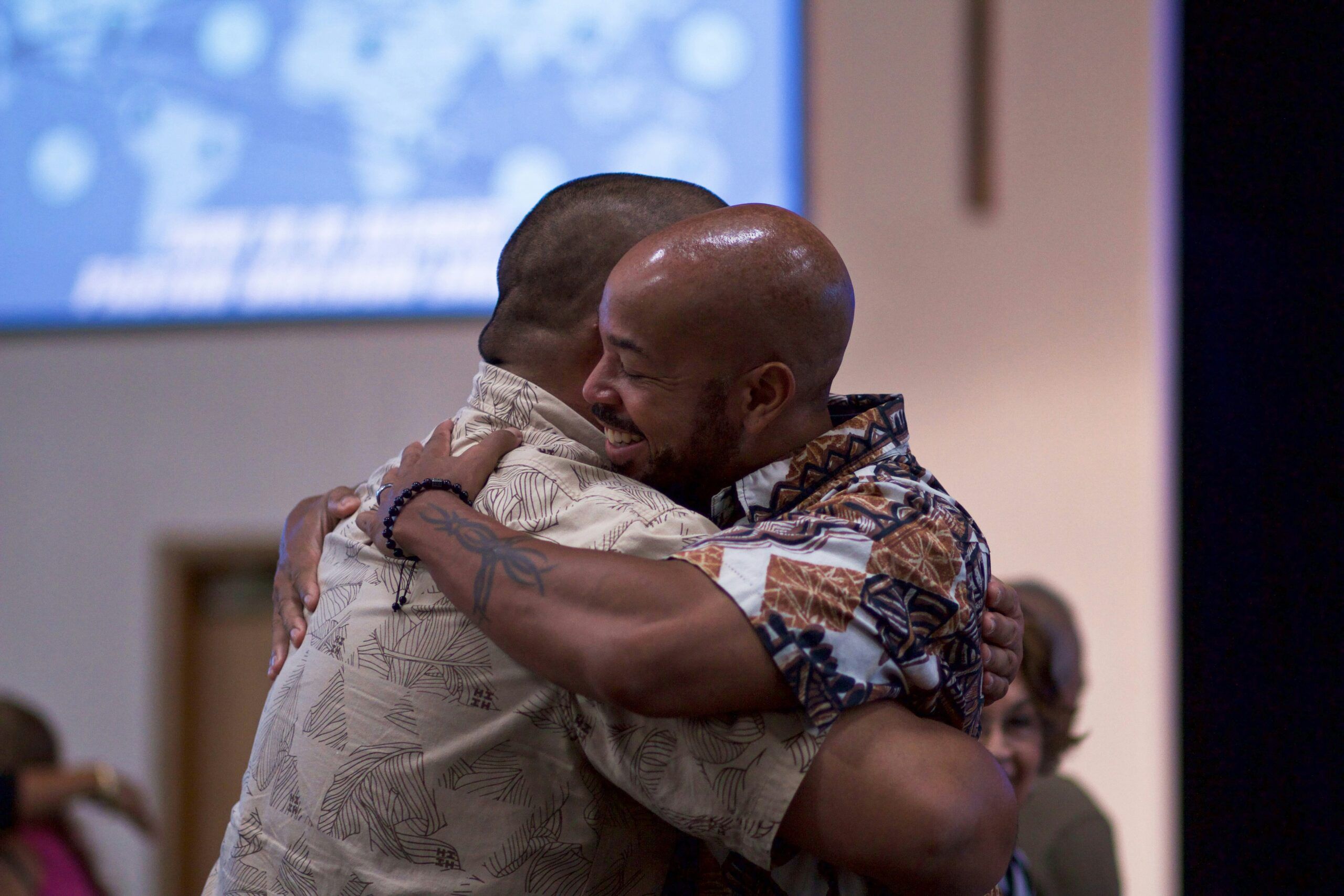
Admission can happen faster than you think. One call triggers a same-day clinical phone assessment; if you’re a good fit, we can schedule your first session within 24–48 hours.
Prefer to stay home?
Complete a virtual intake and electronically sign the paperwork online. Bring a photo ID, insurance card, and any current medications to your first visit. Our team will handle everything else, allowing you to focus on what matters most and succeed.
Clients who complete our trauma therapy in Lexington, KY, often describe three milestones that signal real progress. First, sleep returns: recurring nightmares fade, and most people report getting six to eight hours of uninterrupted rest within the first month of treatment.
Second, daily functioning improves; those who once avoided grocery stores, busy roads, or family gatherings begin tackling these situations with the grounding skills learned in session.
Ultimately, relationships enhance clients’ use of communication tools, from group work to establishing healthy boundaries and reconnecting with loved ones.
Alumni surveys indicate that six months post-discharge, more than 80 percent continue to practice mindfulness or journaling exercises and attend at least one peer-support meeting per month.
Ready to rewrite your story?
Our trauma therapy team in Lexington, Kentucky, is standing by. Call 859-636-0779, start a live chat, or click the Verify My Insurance button below to see your benefits in minutes.
Healing can begin today. Take the first step and let us guide you through compassionate care, evidence-based methods, and unwavering local support.
We treat:
Acute trauma (e.g., accidents, assaults)
Chronic trauma (e.g., ongoing abuse, neglect)
Complex trauma (layered experiences across time)
Our trauma modalities include:
CBT and DBT
EMDR and Exposure Therapy
Mindfulness, yoga, and nutritional support
MAT for stability during treatment
Family therapy and 12-Step integration
Clients often receive EMDR twice weekly, paired with grounding skills, CBT groups, and trauma-focused yoga or meditation. We also offer imagery rehearsal therapy to reduce nightmares and provide real-time coping tools for managing flashbacks and anxiety.
Yes. Trauma and addiction are deeply connected. We treat both together using trauma-informed addiction care, MAT, and peer groups focused on understanding triggers and reducing the need to self-medicate. This dual-track model improves resilience and decreases relapse risk.
PHP: 25–30 hours/week, including mindfulness, EMDR, group therapy, and individual sessions
IOP: 9–15 hours/week, with flexible scheduling for school or work
All clients receive weekly family therapy, medical reviews, and real-world skill-building.
Most clients begin with 4–6 weeks in PHP, followed by 8–12 weeks in IOP, and then transition into lighter outpatient or alumni programming. Timelines vary based on trauma history and treatment goals. Every two weeks, we update your care plan to reflect your progress.
Yes. We accept most major insurance providers including Anthem, BCBS, Aetna, Cigna, Humana, and UnitedHealthcare, and we offer in-house billing, self-pay plans, and zero-interest financing. Call 859-636-0779 for a fast, free insurance verification.
Most clients begin within 24–48 hours. A same-day phone screening confirms your needs, and we schedule your intake immediately. We also offer virtual assessments and e-sign paperwork if you prefer to start from home.
Clients often report:
Over 80% of our alumni continue mindfulness or group work six months post-treatment.
Call 859-636-0779, chat with us online, or submit our secure form. We’ll verify your insurance, schedule your assessment, and guide you into care that heals both mind and body—starting today.
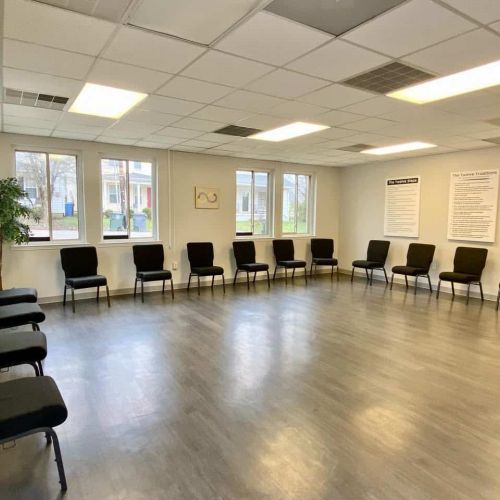





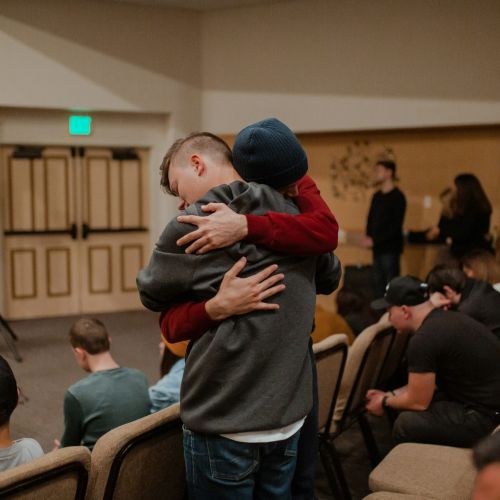

Get Family Support Now
We understand addiction affects the whole family. Our comprehensive family program helps rebuild trust and restore relationships.
Weekly Family Therapy Sessions
Educational Workshops
Support Groups
Communication Skills Training


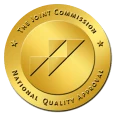



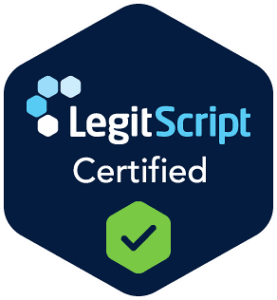
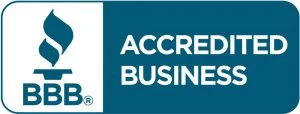
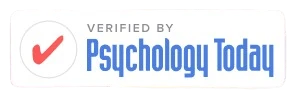




Substance Abuse and Mental Health Services Administration. (n.d.). Trauma-informed approaches and programs (SAMHSA’s six principles). https://www.samhsa.gov/mental-health/trauma-violence/trauma-informed-approaches-programs SAMHSA
U.S. Department of Veterans Affairs, National Center for PTSD. (n.d.). Treatment of co-occurring PTSD and substance use disorder in VA. https://www.ptsd.va.gov/professional/treat/cooccurring/tx_sud_va.asp
Substance Abuse and Mental Health Services Administration. (2014). SAMHSA’s concept of trauma and guidance for a trauma-informed approach (HHS Publication No. SMA14-4884). https://www.nctsn.org/sites/default/files/resources/resource-guide/samhsa_trauma.pdf NCTSN
Substance Abuse and Mental Health Services Administration. (2014). TIP 57: Trauma-Informed Care in Behavioral Health Services (SMA14-4816) [PDF]. https://library.samhsa.gov/sites/default/files/sma14-4816.pdf SAMHSA Library
U.S. Department of Veterans Affairs & U.S. Department of Defense. (2023). VA/DoD Clinical Practice Guideline for the Management of PTSD and Acute Stress Disorder [Full guideline PDF]. https://www.healthquality.va.gov/guidelines/MH/ptsd/VA-DoD-CPG-PTSD-Full-CPG-Edited-111624-V5-81825.pdf Health Quality VA
U.S. Department of Veterans Affairs, National Center for PTSD. (2025). Substance use and PTSD (consumer summary). https://www.ptsd.va.gov/understand/related/substance_misuse.asp PTSD.va.gov
Cochrane Collaboration. (2018, updated). Psychological therapies for chronic post-traumatic stress disorder (PTSD) in adults (review). https://www.cochrane.org/evidence/CD003388_psychological-therapies-chronic-post-traumatic-stress-disorder-ptsd-adults Cochrane
Karatzias, T., et al. (2020). Psychological therapies for PTSD in adults: A network meta-analysis. Psychological Medicine. https://www.cambridge.org/core/journals/psychological-medicine/article/abs/psychological-treatments-for-posttraumatic-stress-disorder-in-adults-a-network-metaanalysis/CEF6134E1EB1EBEF1C529AEAE98330AE Cambridge University Press & Assessment
American Academy of Sleep Medicine. (2010). Best practice guide for the treatment of nightmare disorder in adults [PDF]. https://aasm.org/resources/bestpracticeguides/nightmaredisorder.pdf aasm.org
American Academy of Sleep Medicine. (2018). Position paper for the treatment of nightmare disorder in adults [PDF]. https://jcsm.aasm.org/doi/pdf/10.5664/jcsm.7178 JCSM
Krakow, B., Hollifield, M., Johnston, L., et al. (2001). Imagery rehearsal therapy for chronic nightmares in sexual assault survivors with PTSD: A randomized controlled trial. JAMA, 286(5), 537–545. https://jamanetwork.com/journals/jama/fullarticle/194063 JAMA Network
U.S. Department of Veterans Affairs, National Center for PTSD. (2023). VA/DoD 2023 Clinical Practice Guideline for PTSD—overview & recommendations. https://www.ptsd.va.gov/professional/treat/txessentials/cpg_ptsd_management.asp

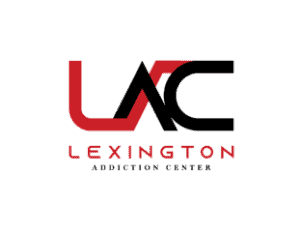
Addiction and co-occurring disorders don’t have to control your life. Lexington Addiction Center is waiting with open arms to give you the tools necessary for lasting change. Reach out to us today to learn more.